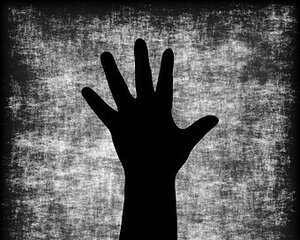
Community Spring Insights

The Pain of “Othering”
“Othering” is being placed in a category by systems and society that deem you unworthy to be a part of the community. As a Black person, the foundation of “othering” is white supremacy that permeates throughout the social and justice system. Mass incarceration arose as part of the New Jim Crow to repress Black people. It is now so large and corrupt that…

Surviving and Thriving: Universal Basic Income Explained
When temperatures dropped last week, I felt my heart rate go up. Whenever it’s above 80 degrees or below 65 degrees, I’m plagued by anxiety that I won’t be able to afford the utility bills. This constant fear is not unique to me. Poverty crushed 34 million Americans even before COVID hit, and we have about…

COVID-19 Exposes Food Accessibility Deficits In Alachua County
COVID-19 has shined a light on problems that our community has struggled with for a long time. For example, the survey Community Spring conducted as part of the Grassroots COVID-19 Recovery Campaign revealed that 27% of responding Alachua County low-income households did not have consistent access to food in May and April. This suggests…

My only right is the right to remain silent
Americans like to point to the Declaration of Independence as providing the basic promise of our country: “that all men are created equal, that they are endowed by their creator with certain unalienable rights, that among these are life, liberty and the pursuit of happiness.” But when I look around my community, these words ring hollow. I can’t see the meaningful promises of life…
